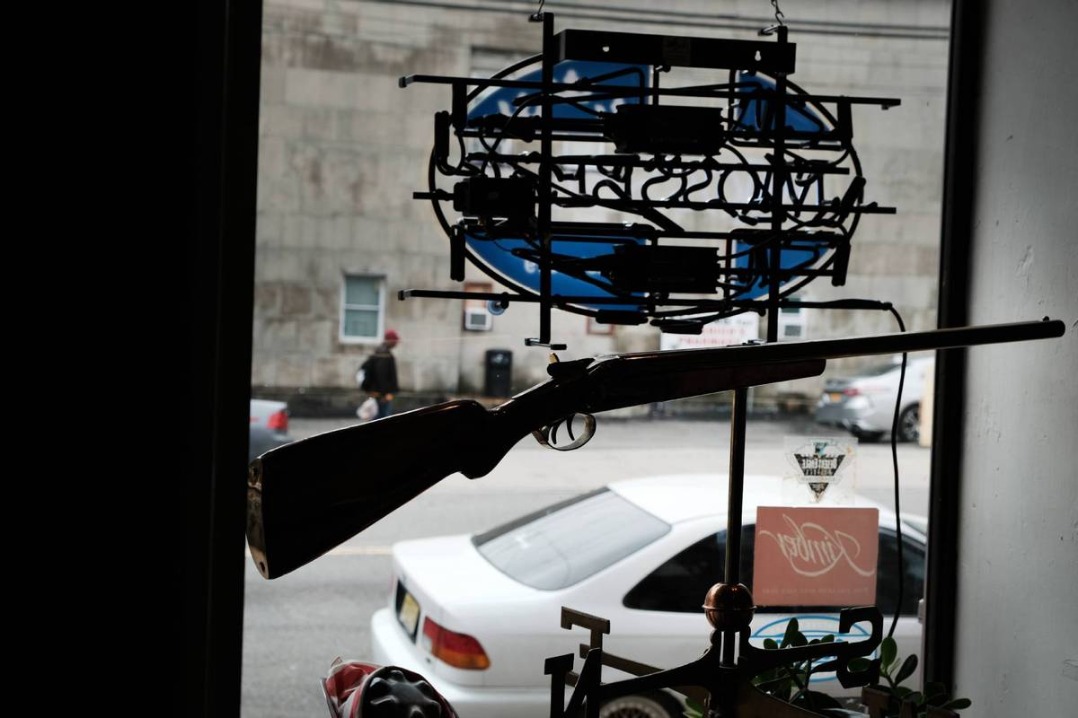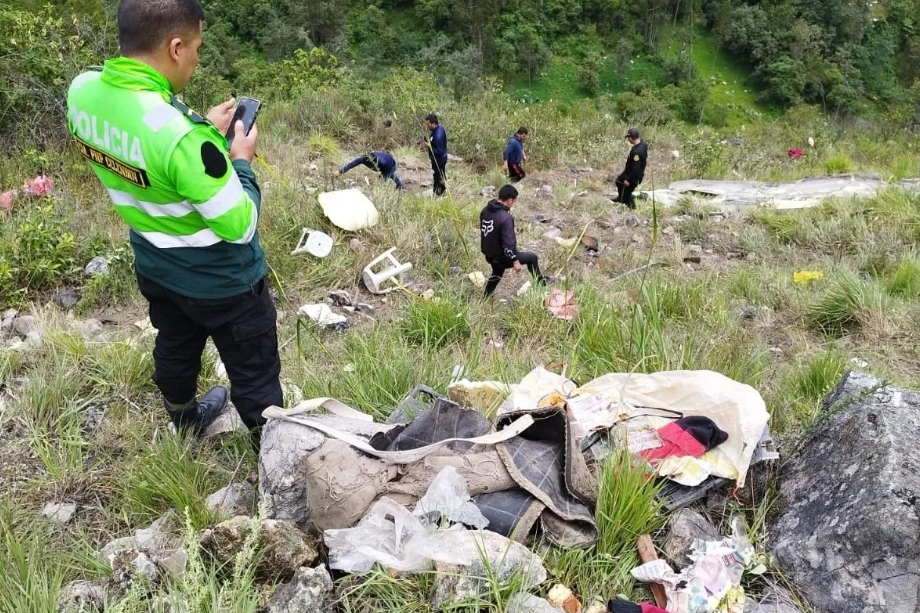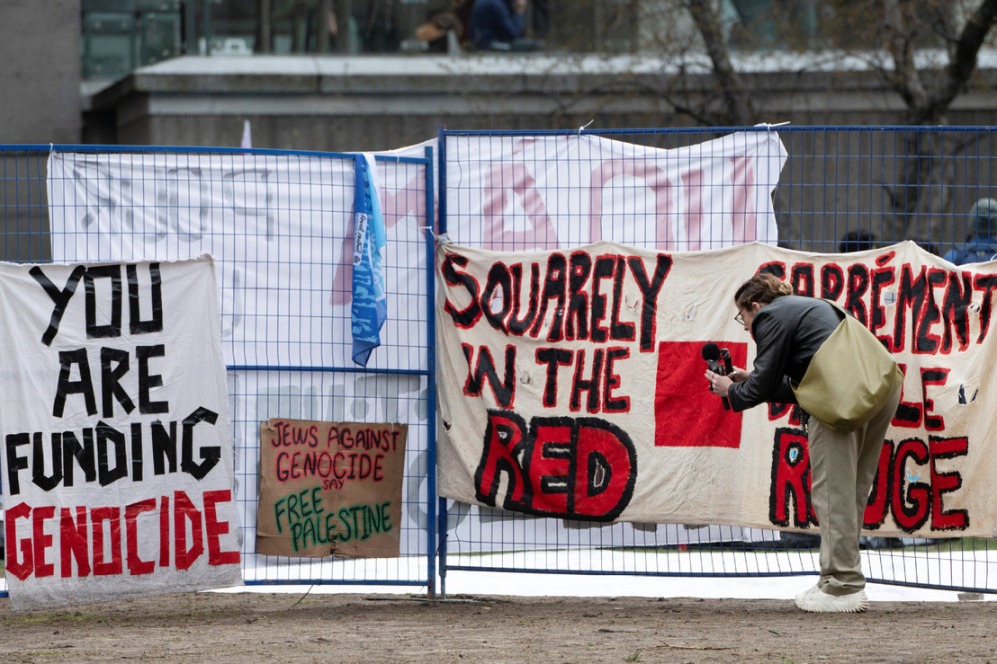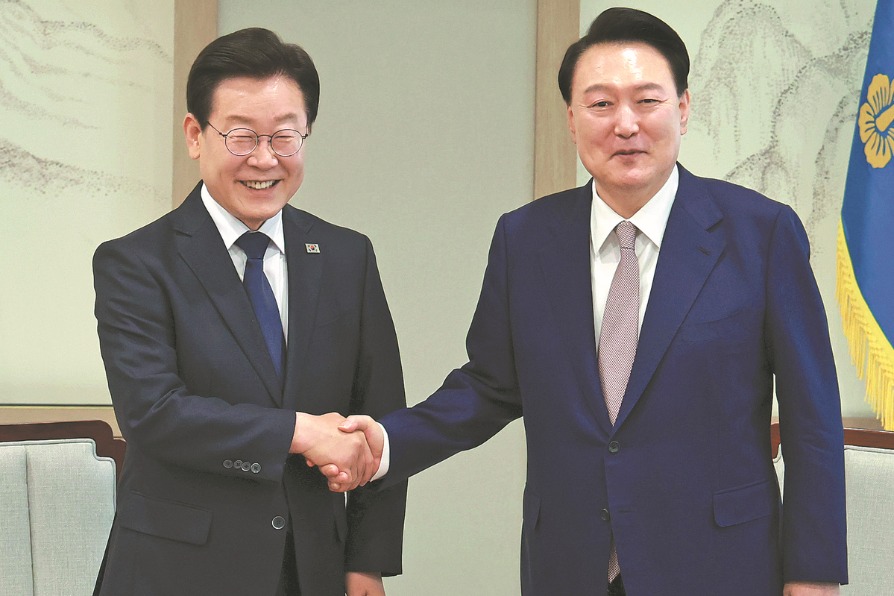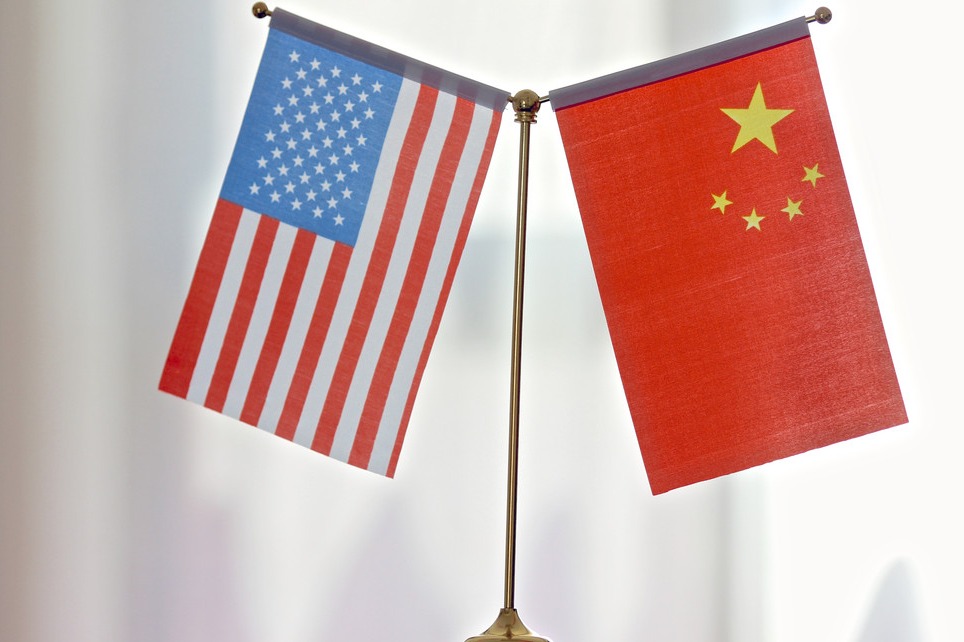Fears voiced for poor in vaccine scramble

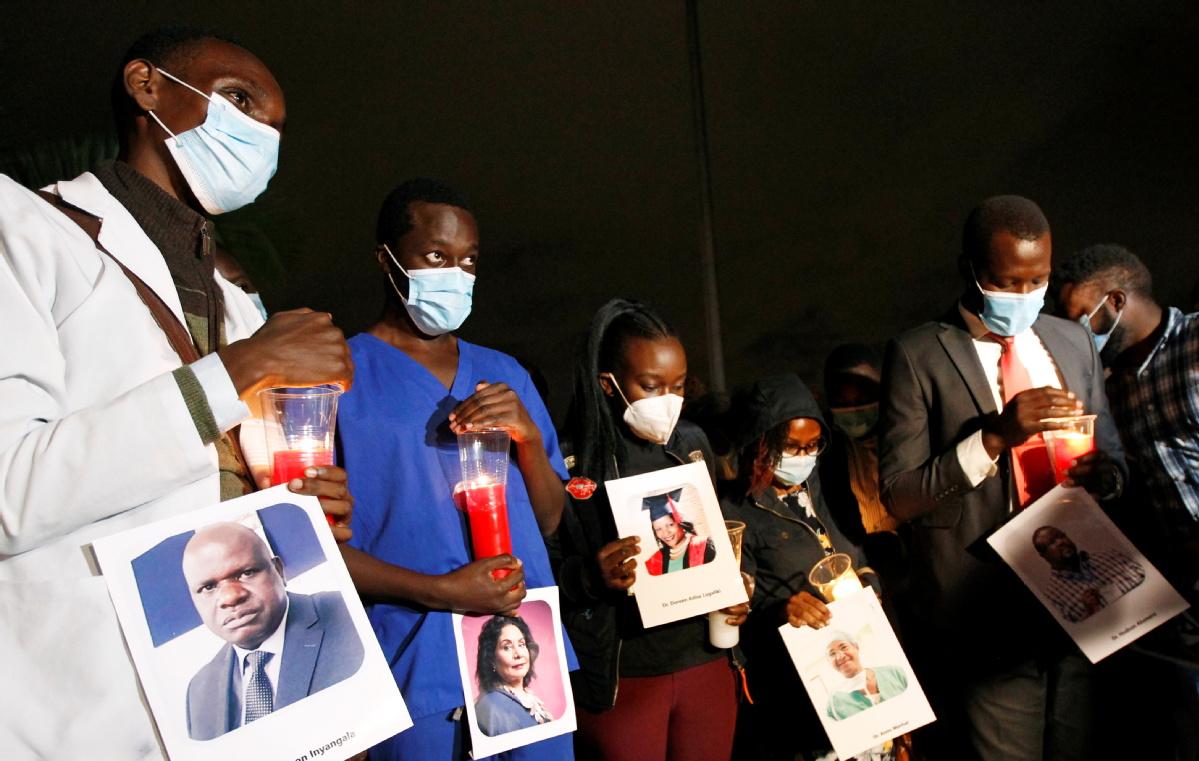
Global charities stress need for fairness after wealthy countries snap up stocks
An umbrella group of major international charities has warned that a scramble for COVID-19 vaccines risks increasing the divide between rich and poor nations.
According to the People's Vaccine Alliance, developing countries have been left behind in the stampede for vaccines, with wealthy countries having bought as much as three times the amount needed for their populations. More than half of orders for the most promising vaccines have come from countries with 14 percent of the world's population.
"No one should be blocked from getting a lifesaving vaccine because of the country they live in or the amount of money in their pocket,"Anna Marriott, health policy manager at Britain-based charity Oxfam.
"But unless something changes dramatically, billions of people around the world will not receive a safe and effective vaccine for COVID-19 for years to come."
The alliance has called on drug companies to share intellectual property and technology with the World Health Organization for the greatest benefit of humanity.
On Tuesday, the United Kingdom became the first country to roll out a vaccine developed by Pfizer and BioNTech.
But the UK on Wednesday reported that two healthcare workers developed significant allergic reactions to the vaccine as the country's vaccination drive began.
Almost all available doses of this vaccine, and all stocks from a vaccine made by Moderna, have been bought up by richer nations.
The alliance said that in the case of Canada, if all the leading candidate vaccines are successful, it has bought enough to treat its population five times over.
African Union Chairman Moussa Faki Mahamat said on Wednesday: "Those who have the (financial) means must not monopolize the vaccines."
Vital debate
In April, an initiative called COVAX was launched by the WHO, the Coalition for Epidemic Preparedness Innovations and international vaccine alliance organization Gavi. It aims to bring governments and vaccine manufacturers together to ensure all countries have access to COVID-19 vaccines once they become available. So far, 700 million doses have been secured for the 92 countries that have signed up.
In the US, regulators were due to spend Thursday debating at a livestreamed public event to assess the Pfizer vaccine for emergency approval.
The US is the worst-hit nation, with more than 15 million known infections and close to 290,000 deaths as of early Thursday.
Other northern hemisphere countries are also grappling with a winter virus surge, as the number of global infections raced toward 70 million.
The US hopes to vaccinate 20 million people this month, with long-term care facility residents and healthcare workers at the front of the line. The goal is to reach 100 million by the end of February and the whole population by June.
It is not known when the US Food and Drug Administration will issue an emergency authorization for the Pfizer-BioNTech vaccine, but US Health Secretary Alex Azar indicated that officials have early next week in mind.
Top US government scientists said that people with a known history of severe allergic reactions would be asked not to take the Pfizer vaccine, following a similar warning in Britain.
On Wednesday, Israel accepted its first shipment of the Pfizer vaccine, targeting a rollout on Dec 27, with Prime Minister Benjamin Netanyahu promising to be the first to be injected-although the vaccine has yet to pass regulatory hurdles there.
As European countries eagerly await vaccines, the European Union's medical regulator was hit by a cyberattack in which documents related to the Pfizer vaccine were accessed, the firm said on Wednesday.
The European Medicines Agency has promised to reach a decision on conditional approval for the Pfizer-BioNTech vaccine by Dec 29, with a ruling on Moderna's candidate to follow by Jan 12.
Julian Shea in London, Ai Heping in New York and agencies via Xinhua contributed to this story.

















